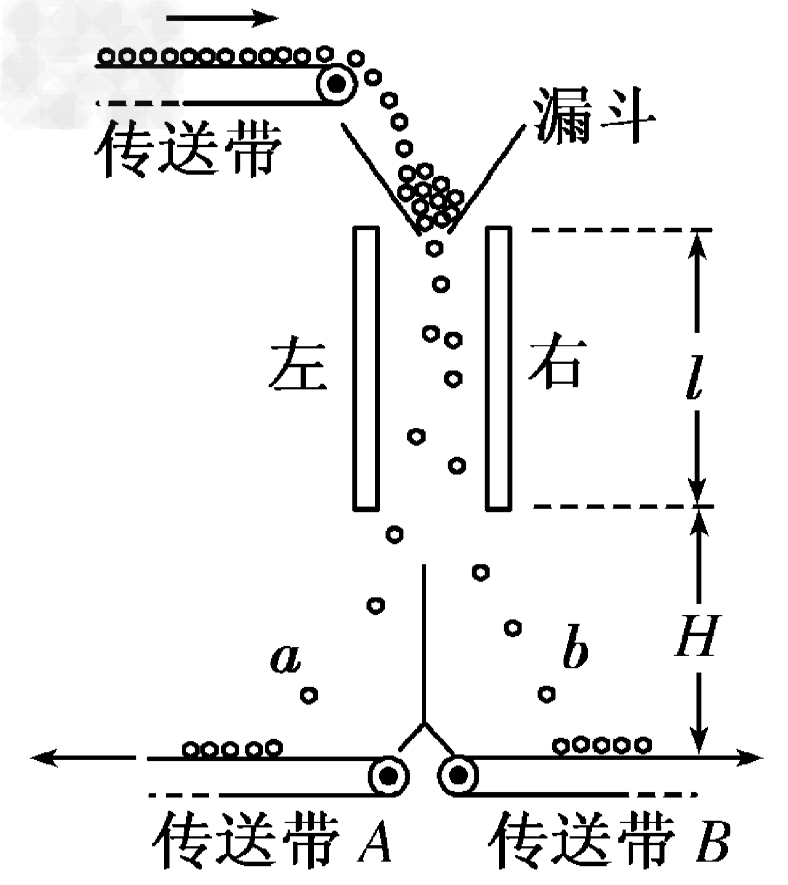I had my first job at the age of thirteen, when a friend of my mother’s who owned a book shop 36 me for six hours a week to help her in the shop. I was very 37 to earn my own pocket money and my parents 38 interfered with how I spent it, even when I was spending it 39 . They believed that by earning money, spending it, and learning from the 40 , I would become more mature and 41 about how to handle work, relationships with others, and money.
Like many 42 parents, my parents also let me and my brothers do things over which they 43 a great deal. When I was sixteen, for example, after I finished high school and before I entered university, I wanted to spend the summer months traveling around 44 . My mother was against the idea of my traveling alone at such a young age, but my father felt that it would be a great 45 for me. In the end, my father won the 46 on the condition that I limited my traveling to France, my mother’s home, where I had many uncles, aunts and cousins 47 through the country who could 48 shelter and help if I needed them.
Three years later, my younger brother decided to 49 a year off after his first year in university and travel through the United States and the Caribbean. Again my mother was very worried and not 50 to see my brother leave school, but my father encouraged him and my brother had a(n) 51 year working his way on trains and ships to 52 passage to different ports and cities, and discovering many fascinating places and people.
These kinds of experiences are probably rare for children in many countries but in the US they are fairly 53 . Most parents start 54 their children at a young age to do small things by themselves. By the time they have finished high school, many American kids have already had part-time jobs, traveled around the US or other countries on their own, have 55 the university they plan to attend and maybe even decided on their future career, and so on.
36. A. taught B. allowed C. treated D. hired
37. A. anxious B. content C. proud D. hopeful
38. A. never B. ever C. always D. even
39. A. quickly B. foolishly C. seriously D. honestly
40. A. work B. mistakes C. others D. books
41. A. strict B. reasonable C. polite D. responsible
42. A. American B. Japanese C. Chinese D. British
43. A. helped B. supported C. shared D. worried
44. A. Asia B. Africa C. Europe D. Oceania
45. A. journey B. experience C. chance D. possibility
46. A. argument B. game C. discussion D. plan
47. A. send out B. give out C. carry out D. spread out
48. A. promise B. afford C. provide D. serve
49. A. leave B. make C. take D. prepare
50. A. angry B. eager C. sorry D. sad
51. A. unusual B. hard C. strange D. busy
52. A. accept B. earn C. find D. search
53. A. welcome B. fit C. necessary D. common
54. A. bringing B. forcing C. pushing D. protecting
55. A. selected B. admired C. afforded D. left

 t2①
t2① gt2②
gt2② =0.05m③
=0.05m③ q+mg(l+H)=
q+mg(l+H)= mv2
mv2 =
= m/s≈4m/s
m/s≈4m/s